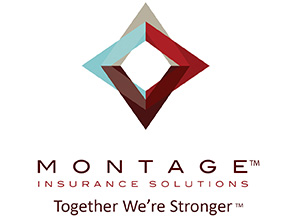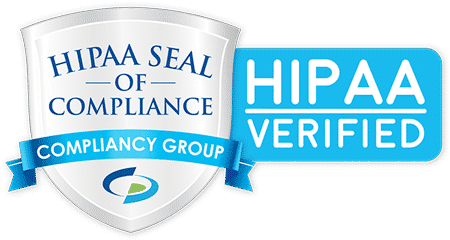COVID-19 and Health Insurance


As a concerned and prudent employer, Montage Insurance Solutions is closely monitoring the COVID-19 (AKA Corona Virus) outbreak. Although the Center for Disease Control and Prevention (CDC) has categorized the health risk of COVID-19 to the general American public as low, we believe it is important that employers and employees understand how the virus and precautionary medical measures interact with health insurance coverage.
On March 5th, 2020, Ricardo Lara (California Insurance Commissioner) posted a bulletin that the California Department of Insurance does not want to create a barrier for consumers receiving medically necessary screening and testing for COVID-19.
In the bulletin, the Department of Insurance provides several guidelines. For the complete list, please visit the California Department of Insurance webpage at www.insurance.ca.gov. In our review, the most important components are as follows:
- Immediately eliminate cost-sharing (including, but not limited to, co-pays, deductibles, or coinsurance) to zero for all medically necessary screening and testing for COVID-19, including hospital, emergency department, urgent care, and provider office visits where the purpose of the visit is to be screened and/or tested for COVID-19.
- Ensure the insurer’s advice nurse line and customer service representatives are adequately informed that the insurer is waiving cost-sharing as described above and clearly communicate this to insureds who contact the insurer seeking medically necessary screening and testing for COVID-19. We encourage individuals to utilize the free services within their health insurance carriers nurse hotline. If you can’t find this information, please contact your employee benefits administrator or call the number on the back of your insurance ID card.
- Remind plans that California law requires emergency care without prior authorization, whether it is at an in-network or out-of-network hospital.
- Prominently display on the insurer’s public website a statement that the insurer is waiving cost-sharing for medically necessary screening and testing for COVID-19, as well as guidance to insureds on how to access care as described above. If individuals are concerned about how claims would be adjudicated, they can seek information from their particular health insurance carrier online or they can contact their Montage Account Executive or Account Manager.
- Protect policyholders from unlawful “balance bills” from providers related to the testing of COVID-19.
Governor Newsome said that “We want all Californians to know that the cost of health care should never be an obstacle to testing and treatment of COVID-19,”. At Montage, we will support the implementation of this bulletin and help our employer and employee relationships in navigating COVID-19 and interaction with group health insurance.
As it relates to employers and employees located outside of California, we encourage that you visit your state’s department of insurance web page as each state is evaluating this topic differently.
We will continue to assess the virus and its impact to the public on a regular basis. In the meantime, we encourage all to help mitigate the risk of spread and to be prudent in your personal and business interactions.
Should you have any further questions, please reach out to your Montage Account Executive.










